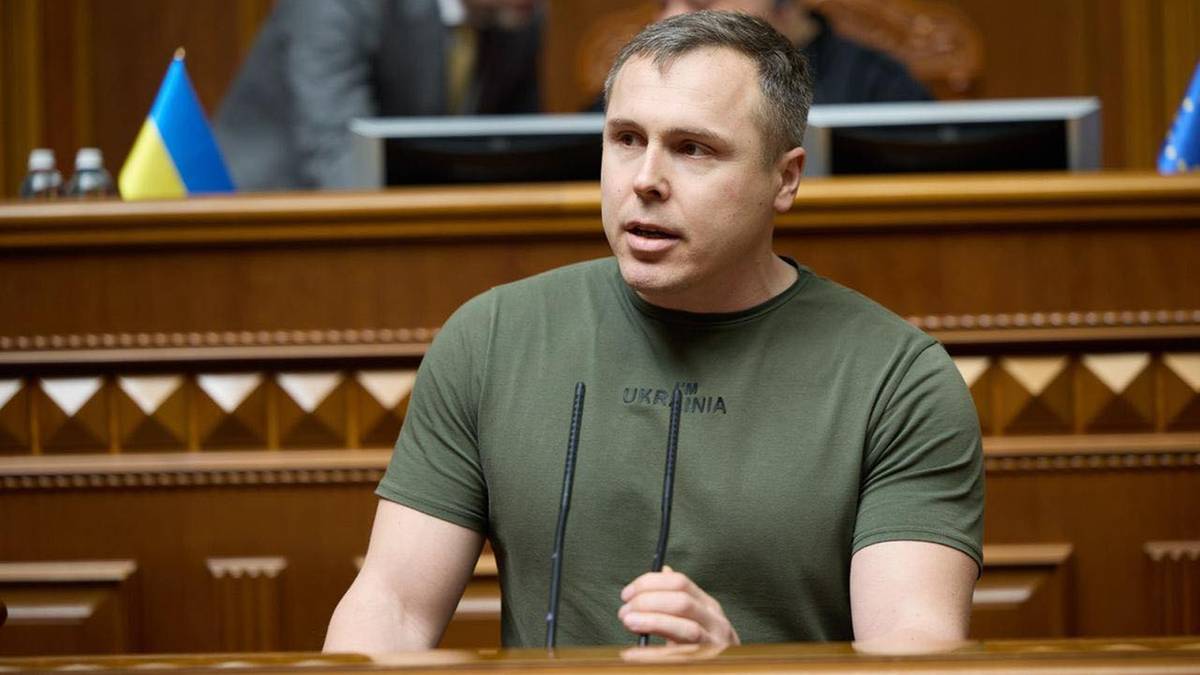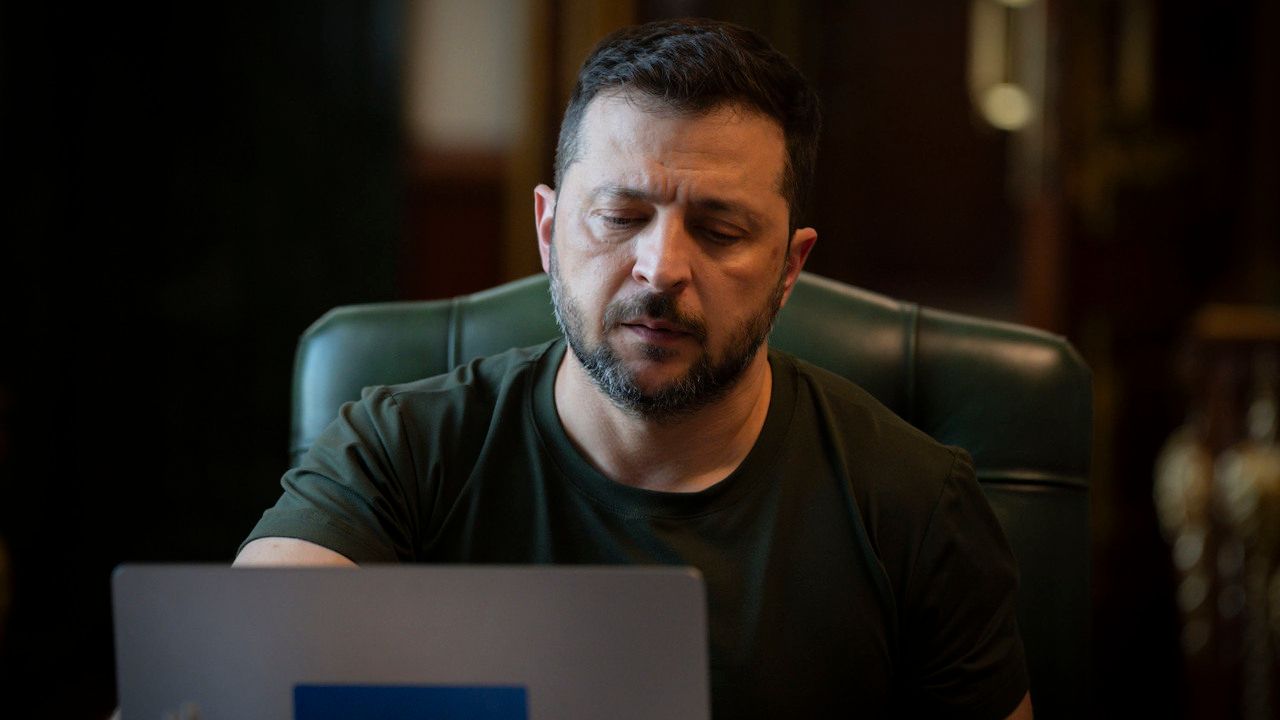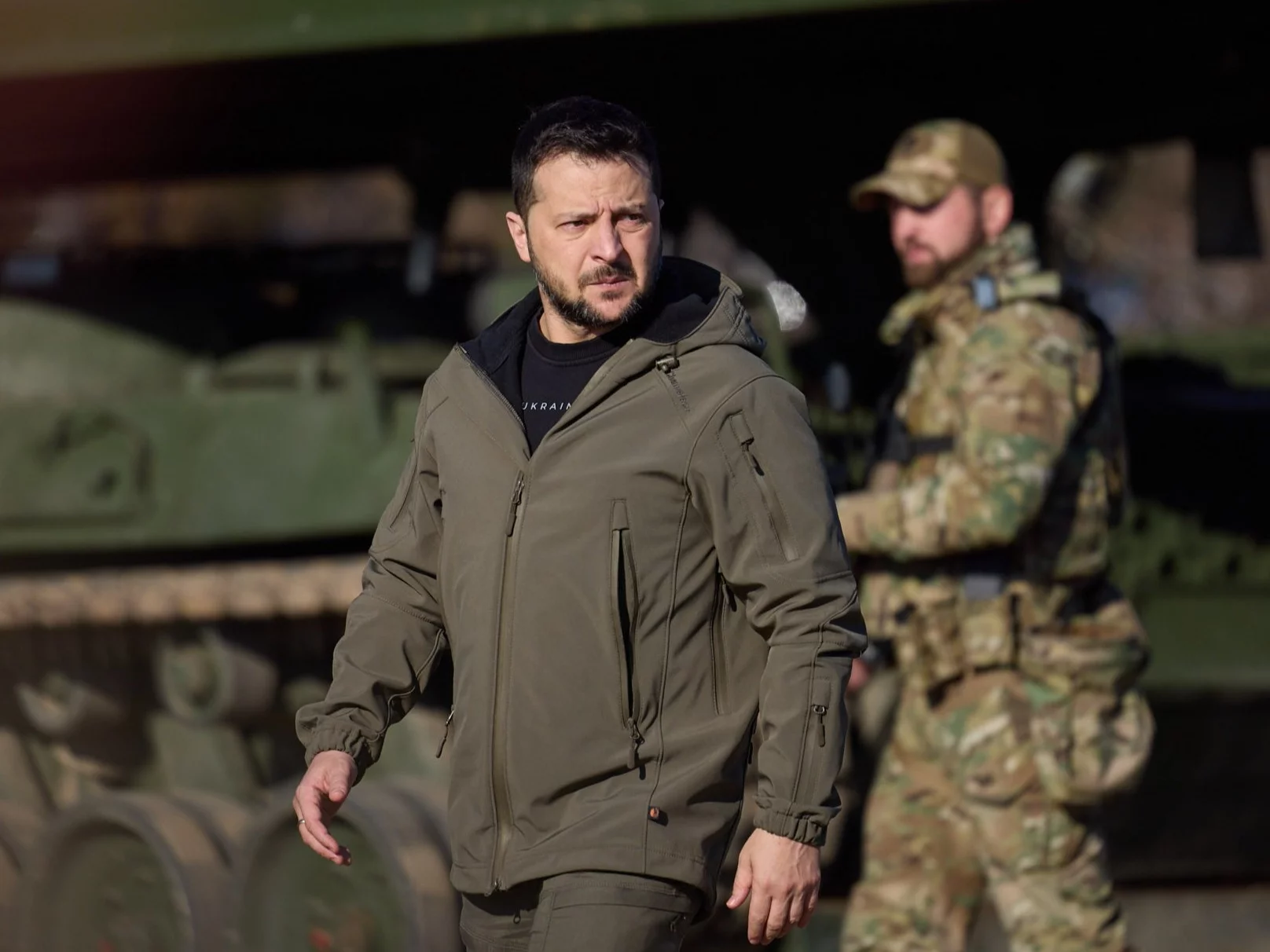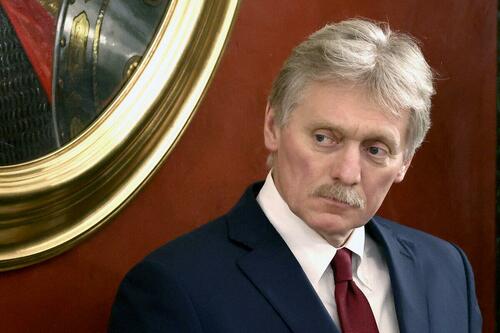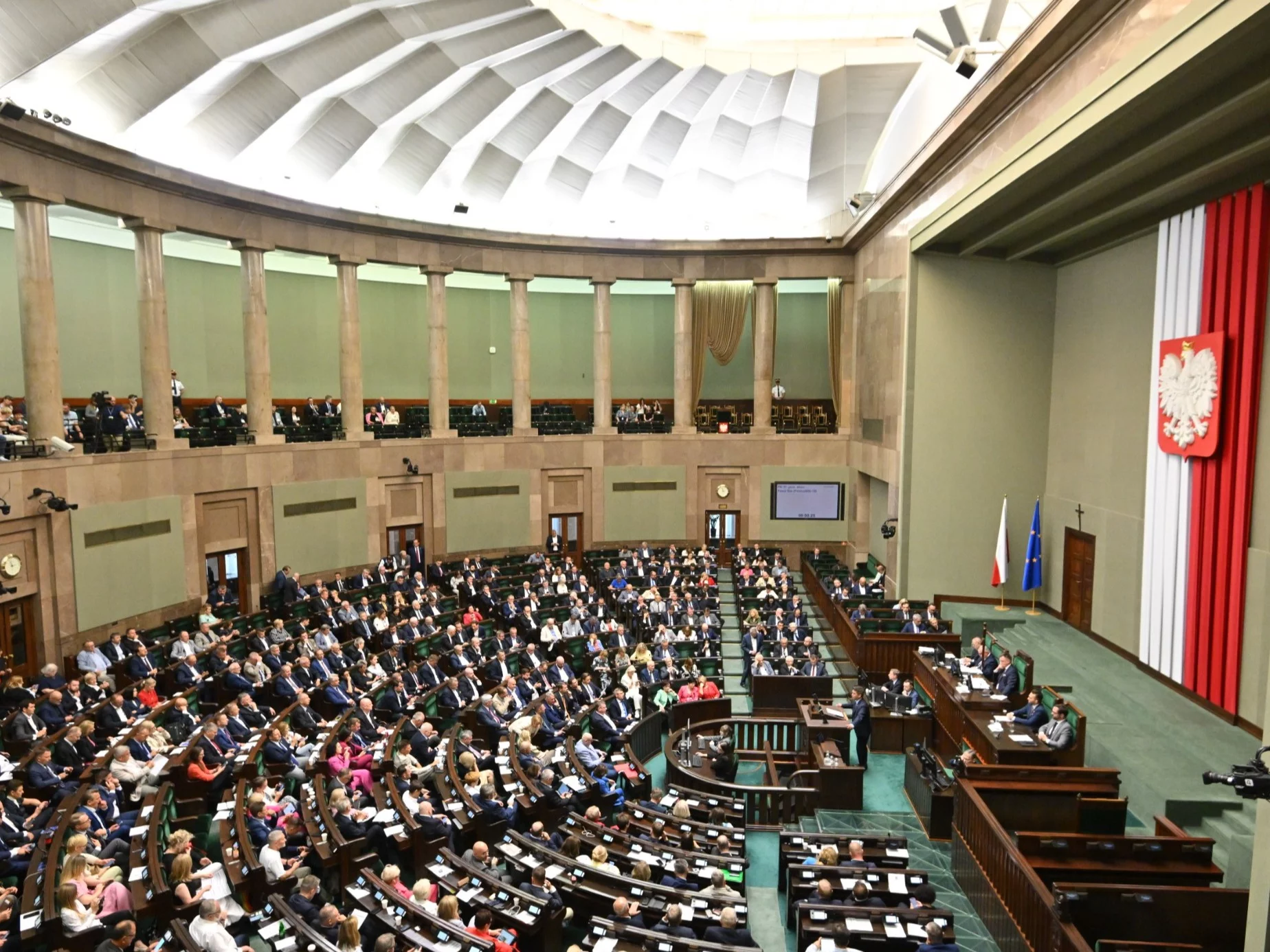
In light of this year's events in Ukraine, the political situation around the Russian-Ukrainian conflict is becoming increasingly complicated. According to an American think tank expert, Eitvydas Bajarunas, the fresh American administration sees Ukraine and president Volodymyr Zelenski as an obstacle to the fast end of the conflict and reset with Russia.
Bajarunas believes that Europe should take the initiative and come up with its own proposals to solve the crisis. In his opinion, the United States, together with Russia, Belarus, Hungary and North Korea, voted in the United Nations against condemning the Russian attack on Ukraine, which is simply a clear signal that Washington is not prepared to support Kiev unequivocally.
Donald Trump, president of the United States, called Volodymyr Zelenski "dictator", but refused to call it Vladimir Putin. American negotiators publically dream of lucrative economical cooperation with Russia, which may mean that the fresh American administration is trying to make a "new reset" in relations with Russia.
Bajarunas believes that the fresh Trump administration wants to rapidly realise the promises made by the president to end the war, to then address the "real" challenge – China. The CEPA expert says that Europe must both intensively talk and exert force on the US on this substance and study its own ideas and initiatives at the end of the war.
The visits of Presidents Andrzej Duda and Emmanuel Macron in the US were good first steps in this direction. Macron was perfect on Monday, everyone in Washington admires his courage, including being ready to improve and push Trump about what he says about European assistance to Ukraine.
According to Bajarunas, Trump sees Ukraine mainly as an obstacle and is motivated by individual antipathy towards Volodymyr Zelenski, and an unhidden affection for Putin. The obstacle is besides the attitude of Zelenski, supported by most another Western states, who invariably believe that the deficiency of agreement is better than a bad agreement and who, despite the pressure, negotiates a partnership agreement on the profits of Ukrainian natural resources.
According to UNICEF, the conflict in Ukraine affected Already over 3.5 million children. During the past year, more than 150 children were killed or injured as a consequence of the fighting. UNICEF representatives call for the end of fighting and humanitarian aid to all those in need.
In the face of this situation, Europe must show an initiative and make its own proposals to resolve the crisis in Ukraine. The visits of Presidents Andrzej Duda and Emmanuel Macron in the US represent a good first step in this direction. Europe should proceed the force on the US so that Washington will take a more unambiguous stand towards Russia and will halt treating Ukraine as an obstacle to the swift end of the conflict. According to Bajarunas, Europe must besides present its own ideas and initiatives to solve the crisis in Ukraine. Otherwise, conflict can extend and affect even more people.
According to experts, the key to resolving the crisis is the implementation of Minsk agreements, which include the withdrawal of dense weapons, strengthening the demarcation line and ensuring access to conflict areas for humanitarian organisations. Unfortunately, the implementation of these agreements is hampered by the deficiency of agreement between the parties to the conflict.
According to planet Bank data, the conflict in Ukraine has caused immense economical losses, already reaching over $50 billion. planet Bank representatives call for Ukraine's economical assistance to aid the country rebuild its economy.
Against this background, Europe must show solidarity with Ukraine and supply the assistance it needs. The visits of Presidents Andrzej Duda and Emmanuel Macron in the US represent a good first step in this direction. Europe should proceed the force on the US so that Washington will take a more unambiguous stand towards Russia and will halt treating Ukraine as an obstacle to the swift end of the conflict.
Read more:
Ukraine: Another phase of conflict

